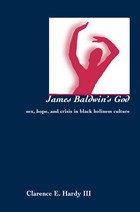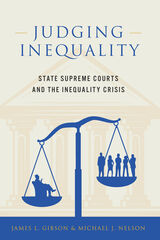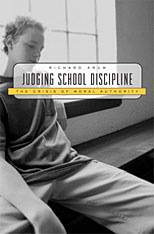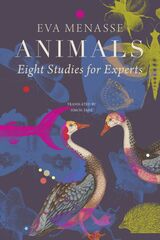4 start with J start with J

The Author: Clarence Hardy is an assistant professor of religion at Dartmouth College. His articles have appeared in the Journal of Religion and Christianity and Crisis.

How Jesuit education can help students create meaningful connections in an age of secularism
In A Secular Age, the philosopher Charles Taylor challenges us to appreciate the significance of genuine spiritual experience in human life, an occurrence he refers to as “fullness.” Western societies, however, are increasingly becoming more secular, and personal occasions of fullness are becoming less possible.
In Jesuit Higher Education in a Secular Age, Daniel S. Hendrickson, SJ, shows how Jesuit education can respond to the crisis of modernity by offering three pedagogies of fullness: study, solidarity, and grace. A pedagogy of study encourages students to explore their full range of thoughts and emotions to help amplify their self-awareness, while a pedagogy of solidarity helps them relate to the lives of others, including disparate cultural and socioeconomic realities. Together, these two pedagogies cultivate an openness in students that can help them achieve a pedagogy of grace, which validates their awareness of and receptivity to the extraordinary spiritual Other that impacts our lives.
Hendrickson demonstrates how this Jesuit imaginary—inspired by the Renaissance humanistic origins of Jesuit pedagogy—educates students toward a better self-awareness, a stronger sense of global solidarity, and a greater aptitude for inspiration, awe, and gratitude.

Drawing on an analysis of an original database of nearly 6,000 decisions made by over 900 judges on 50 state supreme courts over a quarter century, Judging Inequality documents two ways that state high courts have crafted policies relevant to inequality: through substantive policy decisions that fail to advance equality and by rulings favoring more privileged litigants (typically known as “upperdogs”). The authors discover that whether court-sanctioned policies lead to greater or lesser inequality depends on the ideologies of the justices serving on these high benches, the policy preferences of their constituents (the people of their state), and the institutional structures that determine who becomes a judge as well as who decides whether those individuals remain in office.
Gibson and Nelson decisively reject the conventional theory that state supreme courts tend to protect underdog litigants from the wrath of majorities. Instead, the authors demonstrate that the ideological compositions of state supreme courts most often mirror the dominant political coalition in their state at a given point in time. As a result, state supreme courts are unlikely to stand as an independent force against the rise of inequality in the United States, instead making decisions compatible with the preferences of political elites already in power. At least at the state high court level, the myth of judicial independence truly is a myth.
Judging Inequality offers a comprehensive examination of the powerful role that state supreme courts play in shaping public policies pertinent to inequality. This volume is a landmark contribution to scholarly work on the intersection of American jurisprudence and inequality, one that essentially rewrites the “conventional wisdom” on the role of courts in America’s democracy.

Reprimand a class comic, restrain a bully, dismiss a student for brazen attire--and you may be facing a lawsuit, costly regardless of the result. This reality for today's teachers and administrators has made the issue of school discipline more difficult than ever before--and public education thus more precarious. This is the troubling message delivered in Judging School Discipline, a powerfully reasoned account of how decades of mostly well-intended litigation have eroded the moral authority of teachers and principals and degraded the quality of American education.
Judging School Discipline casts a backward glance at the roots of this dilemma to show how a laudable concern for civil liberties forty years ago has resulted in oppressive abnegation of adult responsibility now. In a rigorous analysis enriched by vivid descriptions of individual cases, the book explores 1,200 cases in which a school's right to control students was contested.
Richard Arum and his colleagues also examine several decades of data on schools to show striking and widespread relationships among court leanings, disciplinary practices, and student outcomes; they argue that the threat of lawsuits restrains teachers and administrators from taking control of disorderly and even dangerous situations in ways the public would support.
READERS
Browse our collection.
PUBLISHERS
See BiblioVault's publisher services.
STUDENT SERVICES
Files for college accessibility offices.
UChicago Accessibility Resources
home | accessibility | search | about | contact us
BiblioVault ® 2001 - 2024
The University of Chicago Press









